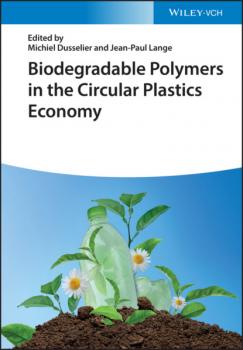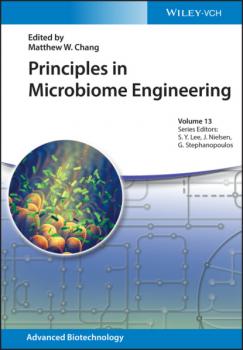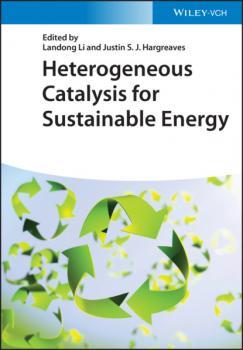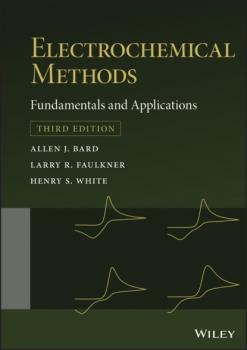ТОП просматриваемых книг сайта:
Химия
Различные книги в жанре Химия, доступные для чтения и скачиванияАннотация
Principles in Microbiome Engineering Provides an overview of the techniques and applications insight into the complex composition and interactions of microbiomes Microbiomes, the communities of microorganisms that inhabit specific ecosystems or organisms, can be engineered to modify the structure of microbiota and reestablish ecological balance. In recent years, a better understanding of microbial composition and host-microbe interactions has led to the development of new applications for improving human health and increasing agricultural productivity and quality. Principles in Microbiome Engineering introduces readers to the tools and applications involved in manipulating the composition of a microbial community to improve the function of an eco-system. Covering a range of key topics, this up-to-date volume discusses current research in areas such as microbiome-based therapeutics for human diseases, crop plant breeding, animal husbandry, soil engineering, food and beverage applications, and more. Divided into three sections, the text first describes the critical roles of systems biology, synthetic biology, computer modelling, and machine learning in microbiome engineering. Next, the volume explores various state-of-the-art applications, including cancer immunotherapy and prevention of diseases associated with the human microbiome, followed by a concluding section offering perspectives on the future of microbiome engineering and potential applications. Introduces a variety of applications of microbiome engineering in the fields of medicine, agriculture, and food and beverage products Presents current research into the complex interactions and relationships between microbiomes and biotic and abiotic elements of their environments Examines the use of technologies such as Artificial Intelligence (AI), Machine Learning (ML), and Big Data analytics to advance understanding of microbiomes Discusses the engineering of microbiomes to address human health conditions such as neuro psychiatric disorders and autoimmune and inflammatory diseases Edited and authored by leading researchers in the rapidly evolving field, Principles in Microbiome Engineering is an essential resource for biotechnologists, biochemists, microbiologists, pharmacologists, and practitioners working in the biotechnology and pharmaceutical industries.
Аннотация
Genomic and Epigenomic Biomarkers of Toxicology and Disease The latest developments in biomarker research applicable to toxicology and medicine Research on genomic and epigenomic biomarkers is developing rapidly with cutting-edge studies scattered throughout the academic literature, making the status of ongoing scientific activity in this area difficult to ascertain. Genomic and Epigenomic Biomarkers of Toxicology and Disease: Clinical and Therapeutic Actions delivers a comprehensive and authoritative compilation of up-to-date developments in the application of genomic and epigenomic biomarkers to toxicology, disease prevention, cancer detection, therapeutics, gene therapy, and other areas. With contributions from a collection of internationally recognized investigators, this edited volume offers unique insights into current trends and future directions of research in the discussed areas. Combining state-of-the-art information on genomic and epigenomic biomarkers from a range of specialists from around the world, this monograph includes: A thorough introduction to microRNAs as non-invasive biomarkers of toxicity and chemical hazard Comprehensive explorations of extracellular vesicle-associated miRNAs as toxic biomarkers, as well as transcriptomic applications in toxicology and medicine Practical discussions of circulating miRNAs as biomarkers of metal exposure, as well as microRNAs biomarkers of malignant mesothelioma In-depth examinations of the role of noncoding RNAs in innate immune responses perturbed by environmental arsenic with a focus on microRNAs Perfect for researchers, toxicologists, risk assessors, and regulators, Genomic and Epigenomic Biomarkers of Toxicology and Disease: Clinical and Therapeutic Actions will also earn a place in the libraries of graduate students with an interest in biomarkers, toxicology, agriculture, or the environment.










